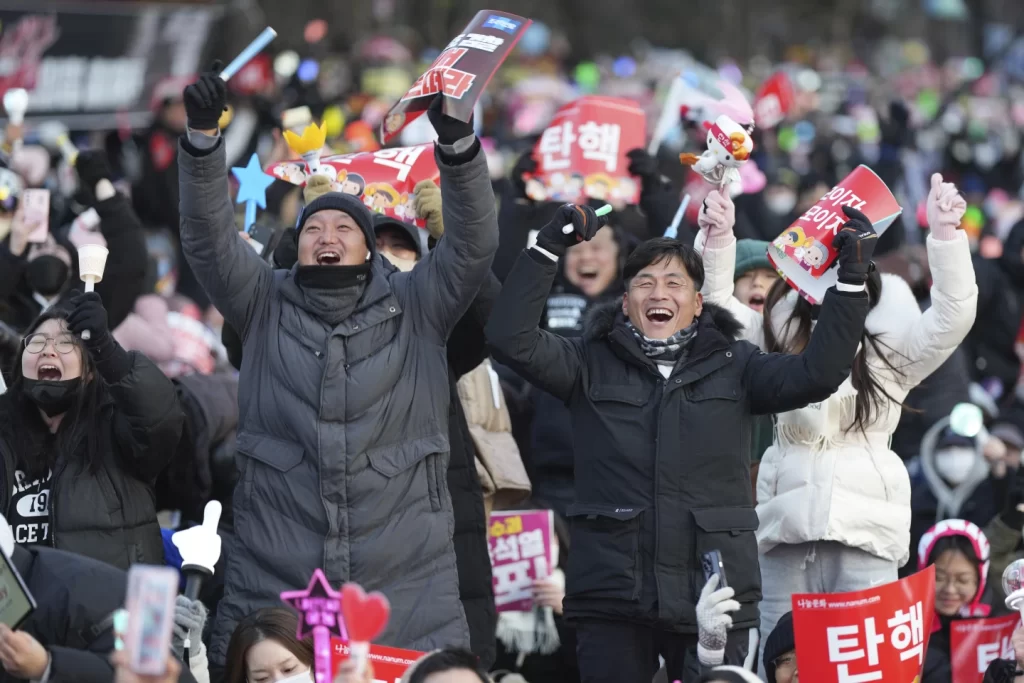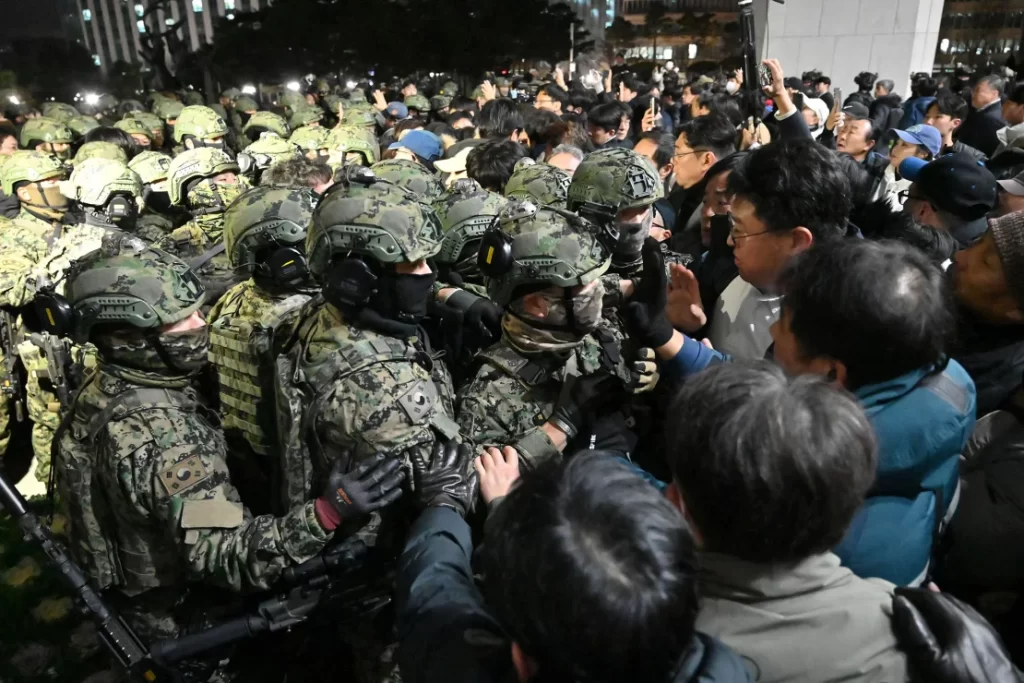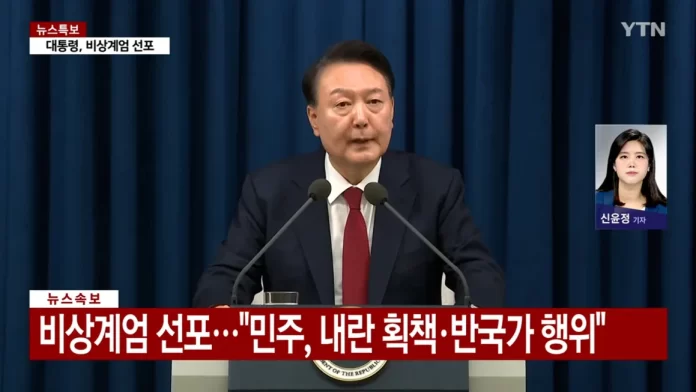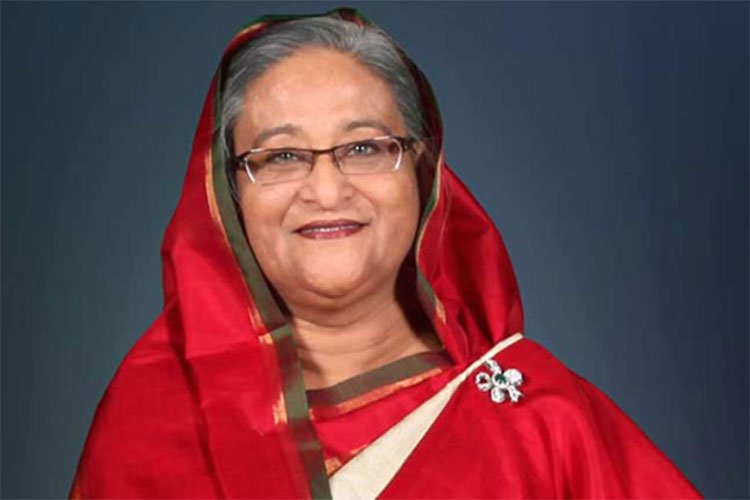South Korea’s parliament impeached President Yoon Suk Yeol on Saturday due to his brief martial law decree.
This decision ends several days of political paralysis and caused celebrations among crowds who viewed it as a victory for democracy.
The National Assembly passed the impeachment motion with 204 votes in favour and 85 against.
Following the vote, Yoon’s powers were suspended, and Prime Minister Han Duck-soo took over.
The Constitutional Court now has up to 180 days to decide Yoon’s fate. If Yoon is removed, a national election for his successor must happen within 60 days.

This was the second vote on Yoon’s impeachment after the ruling party boycotted the first vote, and public protests against him intensified.
National Assembly Speaker Woo Won Shik said, “Yoon’s impeachment was driven by the people’s ardent desire for democracy.“
Meanwhile, opposition parties accused Yoon of rebellion by using military action against the National Assembly. The impeachment motion claimed Yoon posed a threat to peace and the constitution.
Ecstatic crowds waved banners and hugged each other in the streets of Seoul, you would hardly believe this was the same man they voted for just two years ago, in March 2022.
One activist, Kim Su-bong, said, “The impeachment has been done in line with the people’s demand. I view it as a victory of the people.“
Nevertheless, another group of the sombre crowd gathered to support Yoon but fell silent upon hearing the news of his impeachment.
Defiant Yeol
In a statement, the supposedly humbled Yoon Suk Yeol became defiant, vowing “never to give up“—whatever he meant by that. He described his situation as a “temporary pause” in his presidency.
He dismissed the rebellion charges, calling his actions a normal part of governance.
Yeol’s martial law, issued on December 3, lasted only six hours and created widespread political turmoil and economic uncertainty.
He had sent troops and police to parliament to block the vote against his decree but withdrew after the military was resisted. His declaration of State of Emergency was also overturned unanimously in parliament.

Acting leader Han Duck-soo ordered the military to strengthen security against possible North Korean provocations. He reminded public servants of their responsibilities, asking them to ensure “normal and stable operations of state affairs.”
As South Korea hovers at the precipice of instability, U.S. Ambassador Philip S. Goldberg expressed support for what he called South Korea’s “democratic and constitutional process.“
In U.S. foreign policy parlance, that often sounds like a euphemism for the U.S. turning against the establishment in a foreign country.
Now stripped of his powers and having to wait for the Constitutional Court to decide his fate, Yoon and his supporters will have to explain what “not giving up” really means in this context.
Comment, Like 👍, share this article, and Follow us on our social media handles.







